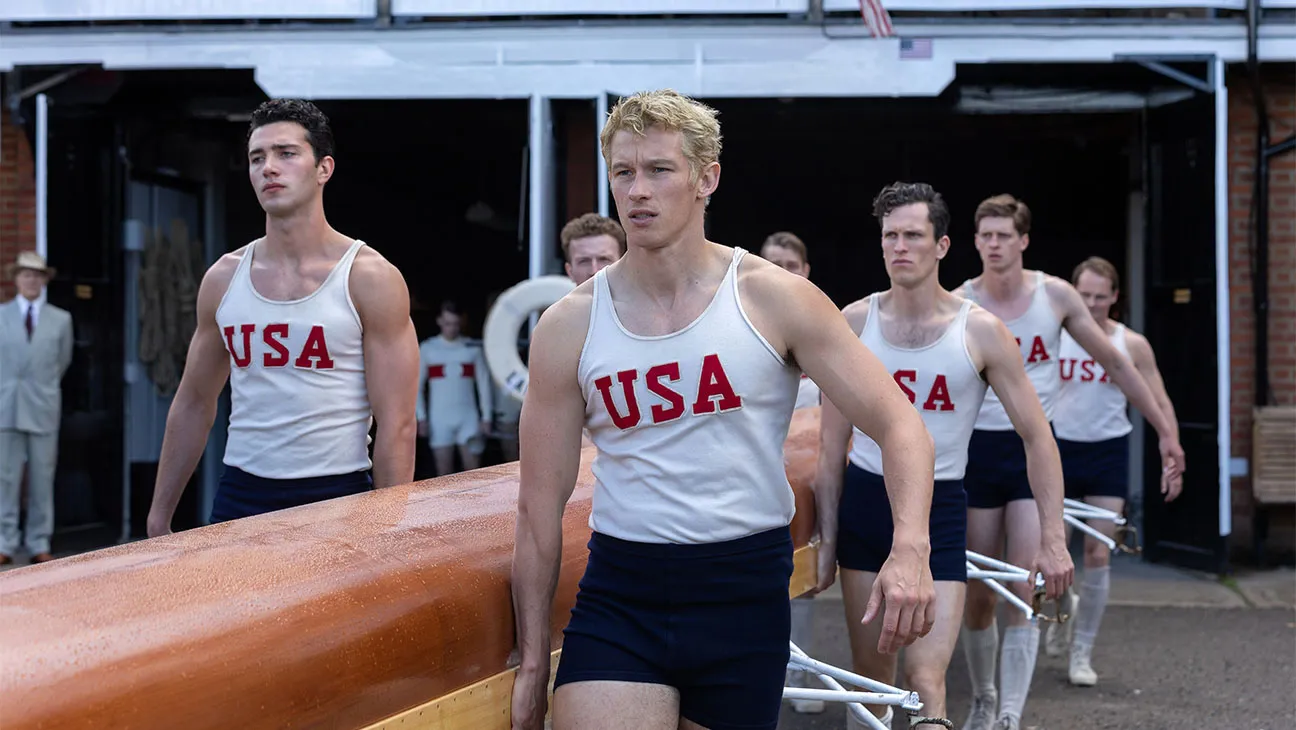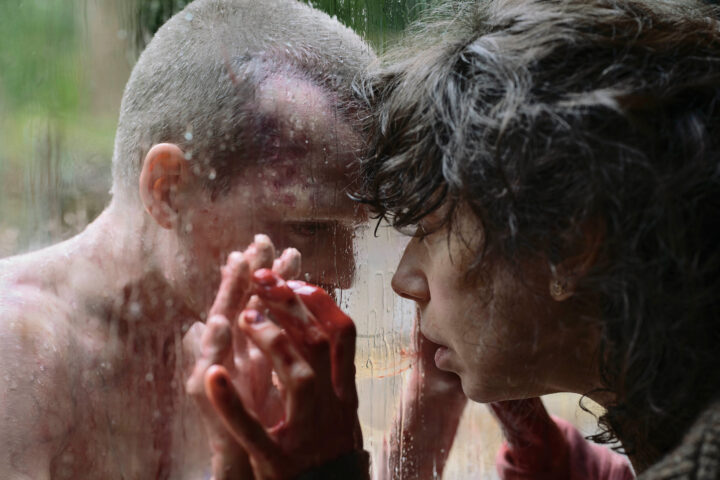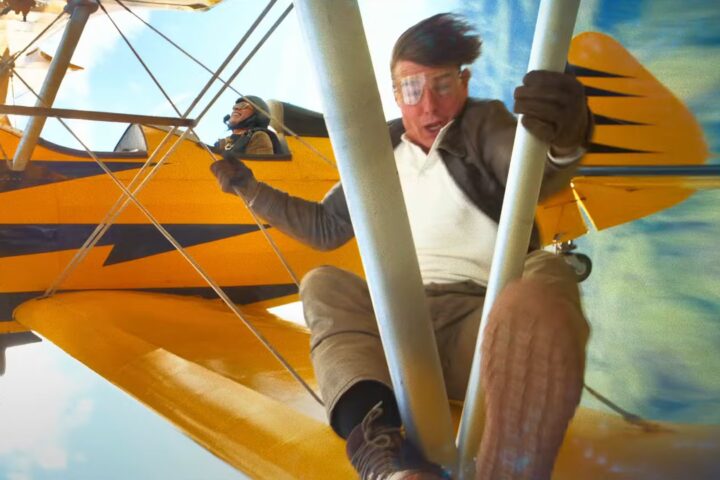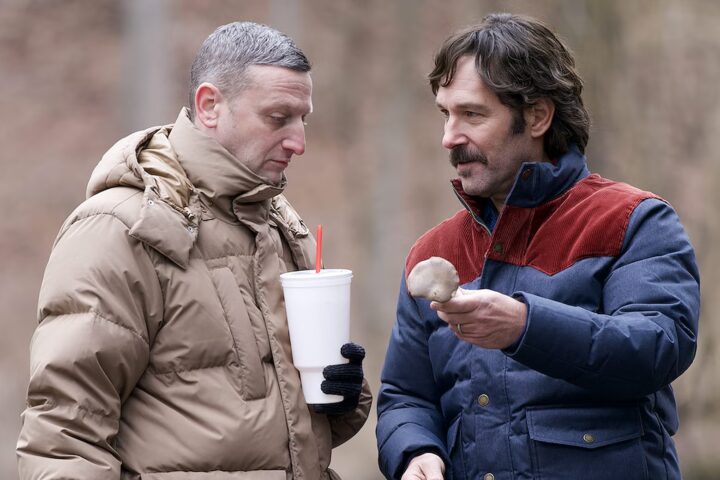With The Boys in the Boat, George Clooney’s ninth directorial outing, the actor turned filmmaker has crafted a handsome, appealingly traditional throw-back movie with a reverence for both historical context and bygone true life sports movies done well a few decades ago. A late player in this year’s awards season, the picture may be too conventional for Oscar consideration but will surely satisfy holiday audiences.
In adapting Daniel James Brown’s bestselling 2013 non-fiction account The Boys in the Boat: Nine Americans and Their Epic Quest for Gold, chronicling the University of Washington rowing team’s Olympic victory at the 1936 Berlin Olympics, Clooney mounts this undeniably great American story of unlikely overachievers with just the right balance of inspiration and restraint.
The challenge when making a film like The Boys in the Boat is that the conclusion is a foregone matter of historical record; if not there would be no book or film. Given the lower stakes dramatic tension of such parameters, the challenge, then becomes one of enlivening the journey to the victory, and by that measure Clooney and screenwriter Mark L. Smith do quite well by the material, a tale of heroics, yes, but one here about a disadvantaged youth (Callum Turner) and indefatigable coach (Joel Edgerton), each with significant stakes in the outcome, both made likable and worthy of investment.
The expected, archetypal story elements are firmly in place here: ragtag, disparate and inexperienced team; young man with emotional issues to sort out before he can be a champion; and coach in need of his own career boost. Whether such material feels cliche vs. formula is a fine line determined by the writing and directing, and The Boys in the Boat is formula delivered with heart and professionalism.
British actor Callum Turner ( of the Fantastic Beasts films), in an impressive performance of quiet focus, is 1936 University of Washington junior Joe Rantz, left by his father at age 14 to make his own way, a spoil of The Great Depression and would-be future engineer—if he doesn’t get booted from college for non-payment—living out of a burnt-out truck cab in a homeless Seattle shantytown. Hand to mouth Joe attends lectures all day but lives in poverty by night, ever on the verge of expulsion, unable to find work. Then, an opening: a university rowing team is to be assembled, providing a glimmer of possibility. The young men who try out for the team do so largely because it provides a meager salary and, importantly, board; for them the street is never far away, and an economic motivator for the eight who will be selected, each of whom is largely unprepared for the required physical rigor and stamina.
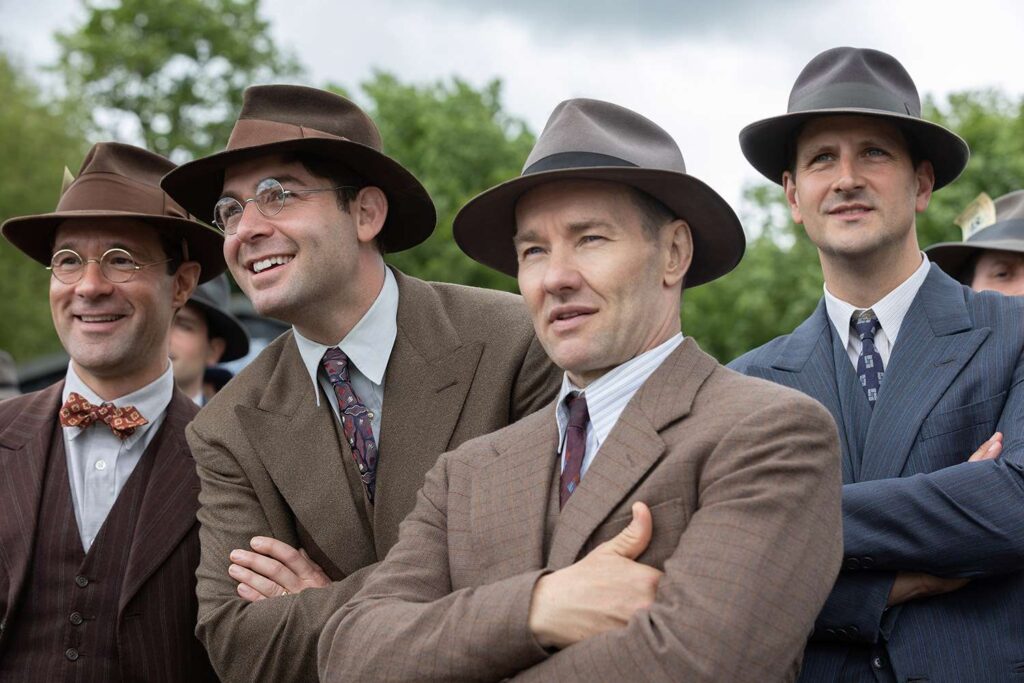
The film’s focus is for the most part on a pair of characters (this isn’t a sports movie where every team member is given an eccentric personality), Turner’s Rantz and Joel Edgerton’s rowing coach Al Ulbrickson, a no-nonsense type who says little but in Edgerton’s hands has a shrewd eye for still observance of the team core strengths and individual weaknesses; he sees Joe as the MVP and understands the young man’s need, but he’s not above tossing him off the team once Joe, who wrestles with abandonment issues and will ultimately face his wayward father, becomes its weakest emotional link. These negotiations and emotions are handled with low-key matter of factness, both actors giving more by doing less. A late scene of reconciliation between Joe and Ulbrickson reminded me, in a far lower key, of Richard Gere’s memorable An Officer and a Gentleman plea (“I got nowhere else to go.”). Pay note to Edgerton’s reserve in this moment; any opportunity for mawkishness is avoided.
Edgerton’s Ulbrickson is given a supportive spouse (Courtney Henggeler) and a mountain of adversaries, from the entitled, elitist Ivy League teams to goalpost moving qualifications for his underdogs, none of which stop him from seeing that his team, a group of disenfranchised college juniors, has the right stuff to take on the Poughkeepsie Regatta, a pre-requisite for the Olympics. Narratively, the run-up to this key race seems to happen fairly quickly in the picture’s second half, the stakes seeming suddenly high after a few lower-tier match-ups; the journey from novice rowers to champions feels rushed.
When we do finally arrive at the famed 1936 Berlin Olympics we meet both Jesse Owens (Jyddah Jaymes), rather awkwardly dropped into a fleeting moment, and Hitler (Daniel Philpott) himself, rallying nationalistic fervor. In this stretch the film’s third best character—the diminutive coxswain strategist Bobby Moch, played with relish by Luke Slattery, who enlivens all of his scenes and gets a few big moments.
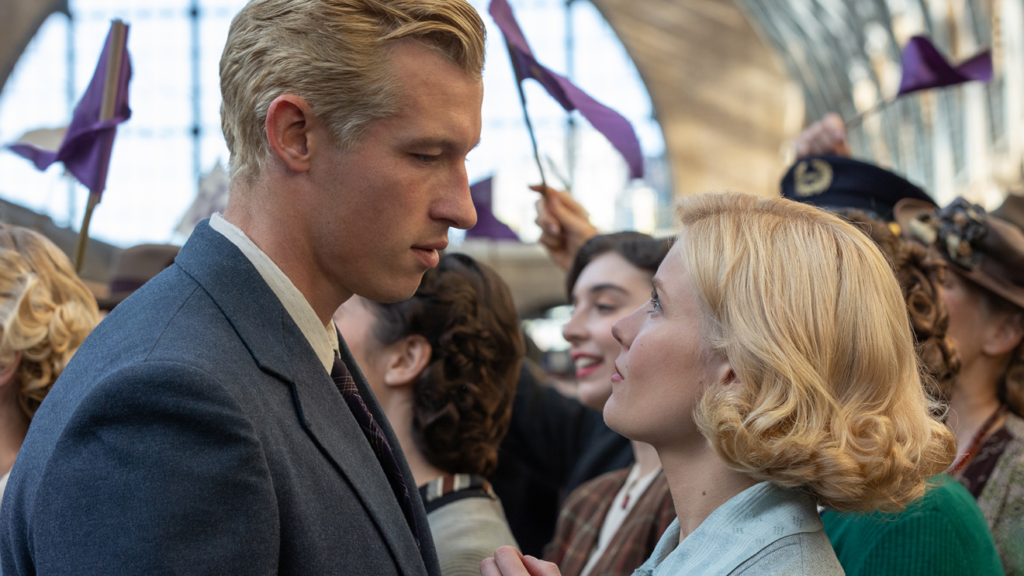
The rowing sequences are superbly rendered, eschewing large-scale grandstanding we might expect in favor of meticulously described rowing maneuvers, switch-ups and individual contributions, clearly designated; the picture cleanly expresses how the team gets across the finish lines. The cinematography, from DP Martin Ruhe, effectively incorporates the ongoing intimacies of teamwork in the boat and the inch-by-inch gains the team makes to win their races, shot presumably by overhead drone or crane work but never over-scaled.
Yet there is a streamlined polish on display, a burnished hue of nostalgia that sometimes bests the story’s inherent grit, given the hard-edged quality of the source material—the Washington Huskies were a team of blue-collar youths with nothing (scarcely even food) and, as Joe demonstrates, filling their shoes with newspapers to plug up holes. Such hardscrabble details are included but a tad glossed up with a gleaming, Hollywood sheen Clooney and Ruhe cast upon the their sinewy, male-model perfect fledgling team of rowers. This is another way of saying that the movie, and cast, look (perhaps too) handsome to a fault.
Clooney manages a nice, budding romantic relationship between Joe and a childhood classmate harboring a longtime crush, played by actress Hadley Robinson, who conveys a forthright (and quite contemporary) pursuit of the young man she loves, winning in each of her scene assuaging Joe’s long distressed emotional needs.
No doubt some will dismiss the picture for its safely traditional storytelling or find its sports elements shopworn, but for a story about an against odds triumph ripe with opportunities for big emotional climaxes, Clooney wisely avoids punching the material up either melodramatically (despite a pat opening-closing framing device) or jingoistically. This moderate, stay-the-course scale lends the events and film a nicely understated believability, generating admiration rather than hurrahs of applause, and Turner is aces throughout, making us root not just for the team but the young man.
3 stars
